From 10 to 13 February 2025, the CopernicusLAC Panama Centre hosted a series of online stakeholder workshops, bringing together over 50 participants from 25 entities across the Latin America and Caribbean (LAC) region, including representatives from governments, universities, international organisations, and the private sector.
A strong effort was placed in ensuring that underrepresented groups, such as Indigenous communities, were included in these important discussions on the needs and capabilities of actors in the region with regards to Earth Observation (EO) data and technology.
Targeting a specific theme with each workshop, topics included EO for disaster risk reduction (DRR), food security, and forestry and deforestation. These workshops reinforced the CopernicusLAC Panama Centre’s position as a central hub for the region, bringing together diverse stakeholders to explore opportunities for increasing cross-collaboration and promoting the use of Copernicus EO data for the region’s benefit.
Background Information
The Copernicus LAC Panama Centre’s activities take place within the overall context of the EU-LAC Digital Alliance, which is a strategic framework for promoting cooperation between the EU and the LAC region on digital and space issues under the EU Global Gateway umbrella. Within this context, the European Space Agency (ESA) is coordinating the Centre’s implementation on the basis of a Contribution Agreement with the Directorate-General for International Partnerships (DG INTPA) of the European Commission, and in close collaboration with Panama’s government, MIRE (Ministry of Foreign Affairs), Government Innovation Authority (AIG), and SENACYT (National Secretariat for Science, Technology and Innovation).
The CopernicusLAC Panama Centre will serve as a hub for innovation in the Latin America and Caribbean region, supporting national and local entities in leveraging Copernicus data and information to boost socio-economic benefits and resilience. In addition to providing engagement opportunities, the Centre is developing geospatial Pilot Services (addressing hydrometeorological hazards, geological hazards, and hazard exposure) in close collaboration with local users and stakeholders, to whom they will be handed over to ensure that the unique needs of the region are addressed in the long term.
In addition, knowledge and skills transfer is a key element of the CopernicusLAC Panama Centre, which hosts a Digital Campus with access to training modules and educational resources for technical users and citizens alike. The Centre will also organise community-building events, policy dialogues and industry matchmaking, as well as hackathons and other EO data challenges to stimulate user adoption of Copernicus data and innovation. These events will also foster cross-collaboration among EO, DRR and other relevant ecosystems.
Finally, the Centre will include the development of a high-powered infrastructure and cloud computing for the LAC region. One of the final objectives of the Centre is to promote the development of communities of practice and to strengthen the knowledge and use of tools for DRR and further areas in the public sector, academia, the private sector, and social organisations.







